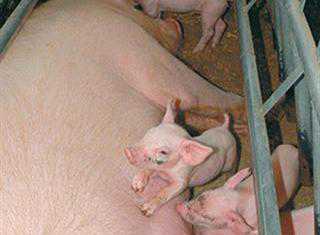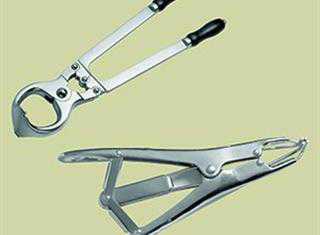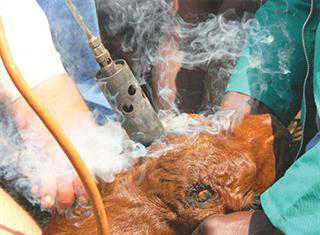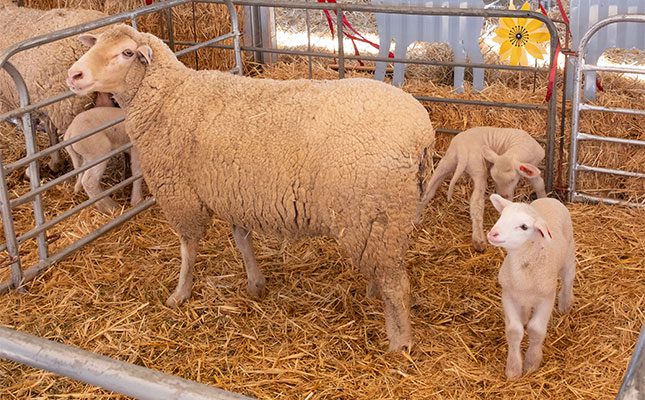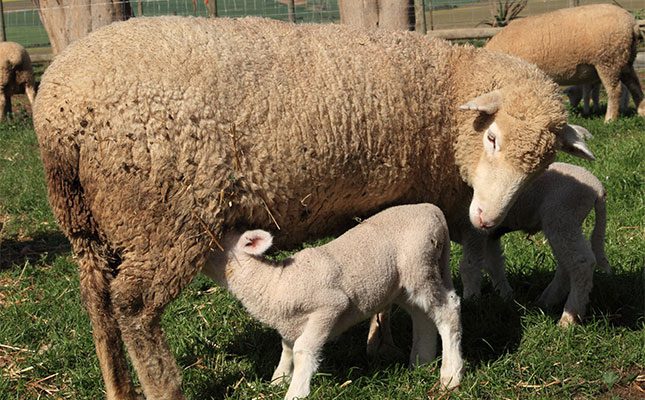Giving your animals inoculations – part 2
Some medicines and vaccines can only be given to animals by injection. But you must know what you're doing, otherwise you can hurt the animal.
Giving your animals innoculations – part 1
An injection is the best method of administering certain medicines and vaccine. But when it's not given properly, an injection can do more harm than good.
Tick-borne diseases in goats and sheep
Tick-borne diseases can cause major animal losses. This week we look at how to identify heartwater.
How to tell if your chickens have NCD
This bird disease is highly contagious, especially to domestic poultry. Death rates are high and no treatment is available.
Calving and pregnancy in cattle – part 1
Cattle occupy a unique role in human history and some consider cattle the oldest form of wealth. One of the ways to get your cattle to multiply and your wealth...
Managing a sow – part 2
A sow is a female pig used for breeding, and a healthy female can give six or more litters. This week we look at handling a pregnant sow.
Castrating your beef calves – part 2
This issue we look at three more ways to castrate your beef calves – rubber rings, open wound and the short-scrotum method.
Castrating your beef calves
Castration stops a bull calf’s testicles working so that it can’t reproduce, and also prevents the production of male hormones.
Are your chickens healthy?
If you know what to look for, you can treat sick chickens, prevent diseases from spreading in your flock and select healthy chickens when buying new ones.
Dehorning beef cattle
Dehorned cattle are easier to work with, house and transport. The chance of bad bruising is lessened, as is the danger of injury to udders, flanks and eyes, as well...
ADVERTISEMENT
MUST READS
ADVERTISEMENT
ADVERTISEMENT


